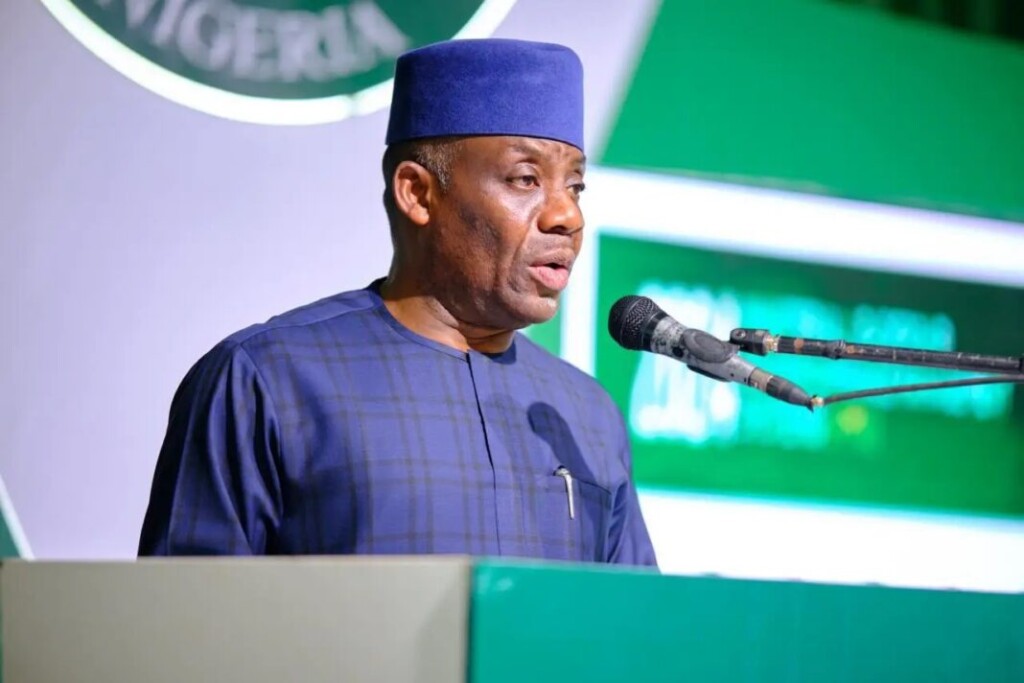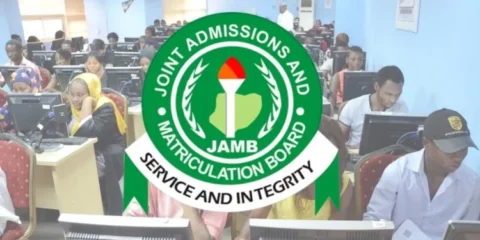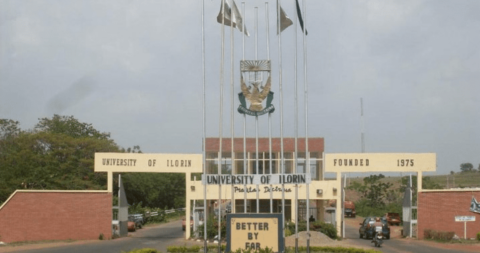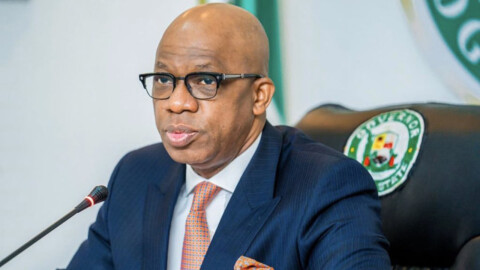The Minister of Education, Dr. Tunji Alausa, has sent a clear message to newly licensed private universities in Nigeria: the country doesn’t need more social science graduates — it needs problem-solvers.
Speaking in Abuja on Wednesday at the National Universities Commission (NUC), where 11 new private universities received their provisional licenses, the Minister emphasized the urgent need to align university programs with Nigeria’s current development goals. He urged the new institutions to prioritize fields like engineering, technology, medical sciences, and vocational skills, instead of oversaturating the system with conventional courses that no longer meet the country’s needs.
According to him, the goal of President Bola Tinubu’s administration is to reposition the education sector to produce graduates who can drive industries, innovate, and help build a stronger, self-reliant nation.
Dr. Alausa noted that while Nigeria now has 159 private universities, not all are meeting the standards expected of them. He stressed that quality, not just quantity, should be the focus — and encouraged the new universities to raise the bar.
Also speaking at the event, JAMB Registrar, Prof. Is-haq Oloyede, advised the institutions to uphold academic integrity and avoid promoting religious ideologies in their curricula. He urged them to seek guidance from the NUC to ensure they stay on track.
The Executive Secretary of the NUC, Prof. Abdullahi Ribadu, highlighted how private universities have helped expand access to tertiary education in Nigeria, especially since the liberalization of the sector in 1999. He acknowledged their growing role in accommodating the country’s youthful population.
Representing the new university proprietors, Senator Jimoh Ibrahim called on the government to make it easier for Nigerian universities to partner with institutions abroad, saying such collaborations are vital for innovation and global relevance.
With the addition of these new schools, Nigeria’s higher education system continues to grow—but the challenge remains: to produce graduates who can truly transform the country.





